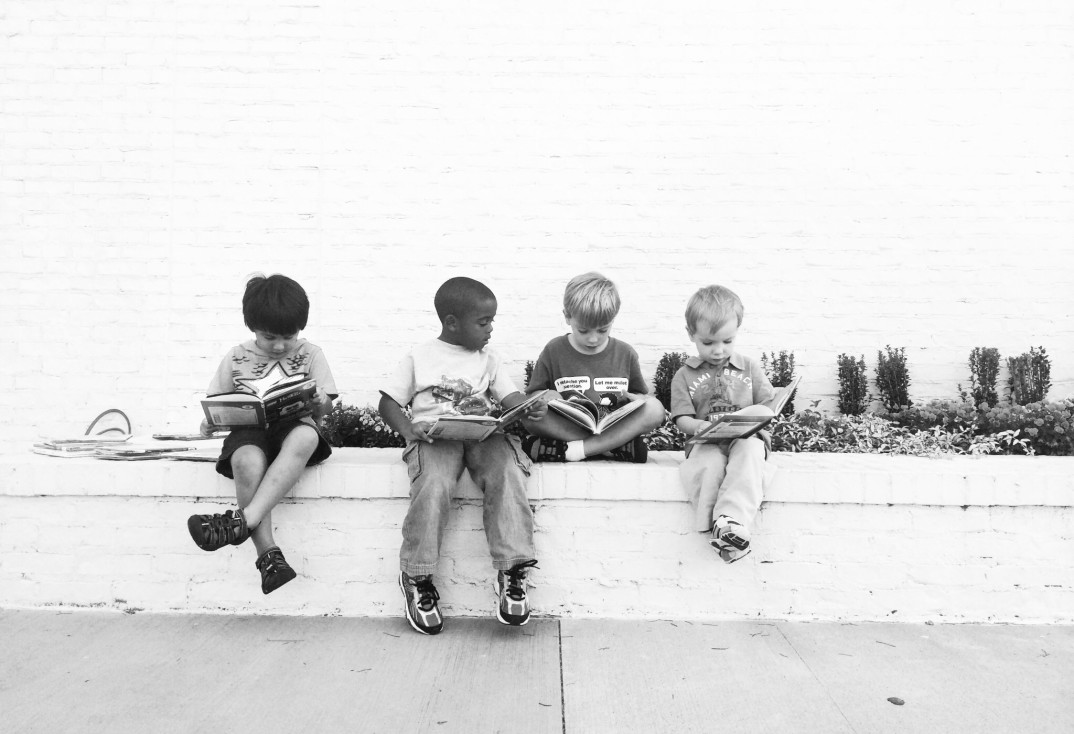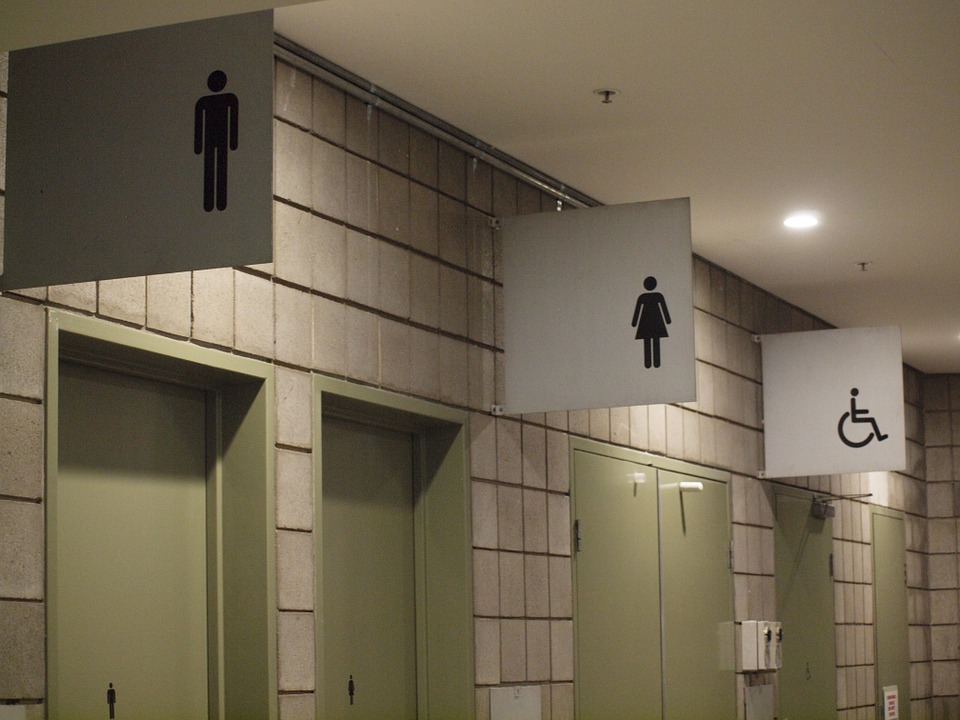What We’re Reading: December 10, 2015

29 Scholarly Societies’ Statement on ‘Campus Carry’ (Inside Higher Ed)
“Twenty-nine scholarly societies on Monday issued a joint statement opposing the Texas “campus carry” law that will significantly expand the right to carry arms on public university campuses.”
How Mark Zuckerberg’s Altruism Helps Himself (New York Times)
by Jesse Eisinger [PRO PUBLICA]
“Mark Zuckerberg did not donate $45 billion to charity. You may have heard that, but that was wrong. Here’s what happened instead: Mr. Zuckerberg created an investment vehicle. Sorry for the slightly less sexy headline.”
What the Hell Just Happened on MSNBC and CNN? (Atlantic)
by David A. Graham
“Reporters were given free rein to walk through an apartment that is an important part of the investigation, and they were allowed to handle what one would expect to be evidence. Police didn’t appear to know the media tour was going on.”
Trigger Warning Skepticism (Inside Higher Ed)
by Colleen Flaherty
“A majority of respondents — 62 percent — said they believed trigger warnings have or will have a negative effect on academic freedom, and 45 percent think warnings have a negative effect on classroom dynamics. But 17 percent — what the report calls a substantial minority — were favorable to trigger warnings, and many of those said they see them as a sign of respect that builds trust between a professor and students, and helps students better engage with difficult material.”
“Political identity is fair game for hatred”: how Republicans and Democrats discriminate (Vox)
by Ezra Klein and Alvin Chang
“But even as American voters remained relatively centrist, they seemed to be getting angrier and more fearful of the other side.”
How Obama Thinks About Terrorism (Atlantic)
by Peter Beinart
“While Republicans think ISIS is strong and growing stronger, Obama thinks it’s weak and growing weaker.”
Supreme Court Justices’ Comments Don’t Bode Well for Affirmative Action (New York Times)
by Adam Liptak
“In a remark that drew muted gasps in the courtroom, Justice Antonin Scalia said that minority students with inferior academic credentials may be better off at ‘a less advanced school, a slower-track school where they do well.'”




